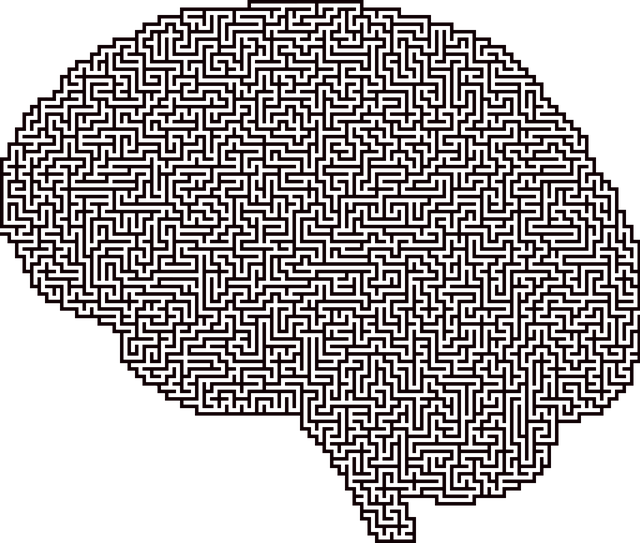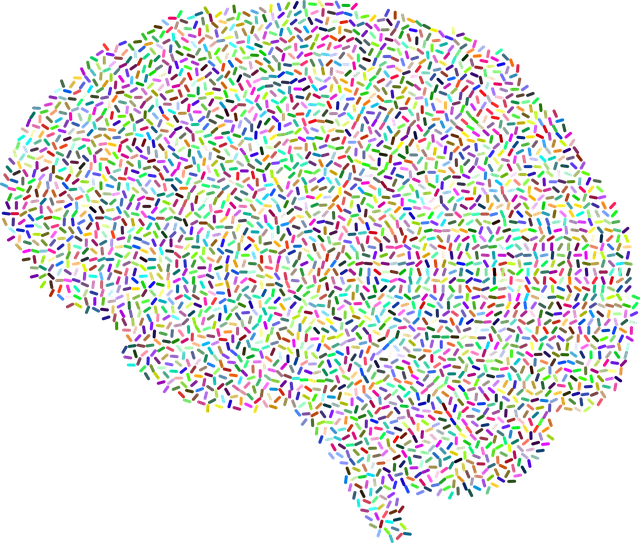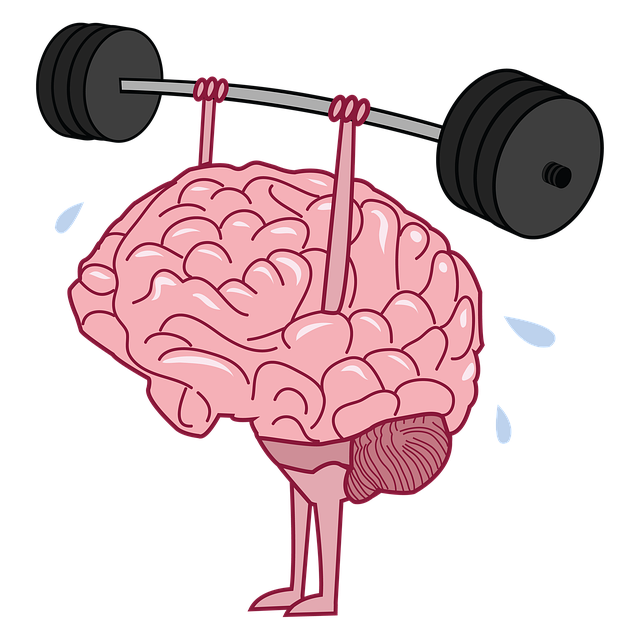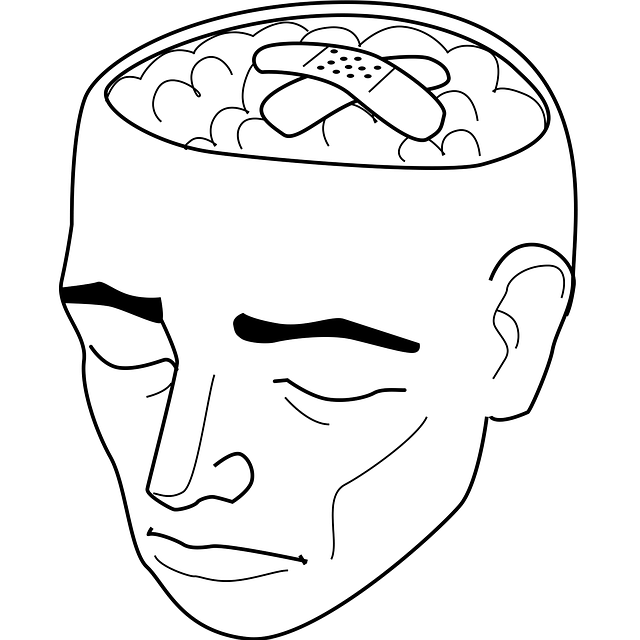Superior Neuro Disorders Therapy (SNDT) leverages Resilience, Flexibility, and Mindfulness (RFM) to holistically address mental health challenges. By integrating mindfulness practices, emotional awareness exercises, and cognitive reframing, SNDT equips individuals with tools for stress management, improved decision-making, and enhanced emotional regulation. Regular engagement in RFM activities promotes neuroplasticity, strengthening neural connections and boosting overall well-being. This approach has proven successful in case studies, helping individuals manage burnout, heal from trauma, and navigate life's complexities with resilience and grace.
“Discover the transformative power of RFM (Resilience and Functionality Modeling) in advancing Superior Neuro Disorders Therapy. This article delves into the role of RFM as a pioneering approach, enhancing recovery and resilience in neuro disorders. We explore its impact on brain health through targeted exercises, offering a glimpse into how this methodology can be integrated into comprehensive treatment plans. Through real-world case studies, we present compelling success stories, highlighting the potential of RFM to revolutionize care for those living with neuro disorders.”
- Understanding RFM and its Role in Neuro Disorders Therapy
- The Impact of Resilience-Building Exercises on Brain Health
- Practical Applications: Integrating RFM into Superior Neuro Disorders Treatment Plans
- Case Studies: Success Stories of RFM in Action
Understanding RFM and its Role in Neuro Disorders Therapy

Understanding RFM, or Resilience, Flexibility, and Mindfulness, is a cornerstone in the realm of Superior Neuro Disorders Therapy. This innovative approach recognizes that building inner strength and developing effective coping mechanisms are pivotal for individuals navigating mental health challenges. By integrating mindfulness practices and emotional awareness, RFM equips individuals with the tools to manage stress, foster mental wellness, and enhance their overall quality of life.
The concept is multifaceted, focusing on both cognitive and behavioral strategies. Mental Wellness Journaling Exercise Guidance plays a significant role in cultivating self-awareness, while promoting resilience through regular practice. This allows individuals to understand and regulate their emotions more effectively, contributing to improved stress management. Ultimately, RFM empowers folks to embrace challenges as opportunities for growth, fostering a sense of empowerment and enhancing their ability to navigate life’s complexities with grace and composure.
The Impact of Resilience-Building Exercises on Brain Health

Resilience-building exercises have been shown to significantly enhance brain health and functionality. These activities play a crucial role in strengthening neural connections, which can be particularly beneficial for individuals facing or recovering from superior neuro disorders. By incorporating conflict resolution techniques and coping skills development into their routines, participants can improve their ability to navigate challenging situations, thereby boosting confidence and overall well-being.
Regular engagement in resilience exercises can foster neuroplasticity—the brain’s remarkable capacity to adapt and reorganize itself. This process encourages the growth of new neural pathways, enhances cognitive functions, and improves emotional regulation. As a result, individuals may experience improved decision-making abilities, better stress management, and increased mental agility—all of which contribute to maintaining and even restoring optimal brain health.
Practical Applications: Integrating RFM into Superior Neuro Disorders Treatment Plans

The integration of RFM (Resilience, Flexibility, and Mindfulness) into Superior Neuro Disorders Therapy plans offers a holistic approach to treatment. By incorporating practices that enhance resilience, individuals can develop coping mechanisms to navigate life’s challenges more effectively. This includes techniques for stress management, which are pivotal in preventing relapses and promoting stability.
RFM strategies, such as mindfulness meditation and social skills training, empower patients with tools to regulate emotions, foster positive interactions, and build a sense of control over their lives. These practices have been shown to improve overall well-being and can be tailored to meet the unique needs of those with neuro disorders. Additionally, organizations offering Stress Management Workshops and Depression Prevention programs can benefit from integrating RFM principles to provide more comprehensive support for their clients.
Case Studies: Success Stories of RFM in Action

In the realm of mental health and wellness, case studies provide powerful narratives that illustrate the effectiveness of specific therapeutic approaches, such as Superior Neuro Disorders Therapy (SNDT). These success stories offer a glimpse into how individuals have overcome challenges related to burnout prevention and emotional healing processes through specialized interventions. For instance, numerous cases highlight the transformative power of SNDT in managing stress and enhancing overall resilience, particularly among individuals facing demanding careers or traumatic experiences.
The integration of emotional intelligence is a common thread woven throughout these inspiring accounts. By participating in tailored exercises designed to strengthen their emotional responses, clients have achieved remarkable progress. These exercises often involve mindfulness practices, cognitive reframing, and skill-building techniques that empower individuals to navigate life’s uncertainties with greater equanimity. Through such initiatives, participants have not only recovered from previous setbacks but also developed robust coping mechanisms to thrive in the face of future challenges.
Resilience is a powerful tool in the realm of superior neuro disorders therapy, and RFM (Resilience-Building through Movement) exercises have proven to be an effective way to enhance brain health. By integrating these practices into treatment plans, professionals can offer patients a holistic approach that not only addresses symptoms but also builds mental fortitude. The case studies presented highlight successful outcomes, demonstrating the potential of RFM as a game-changer in managing neuro disorders. As we continue to explore innovative therapies, RFM stands out as a promising method to improve quality of life and resilience among individuals facing these challenges.














